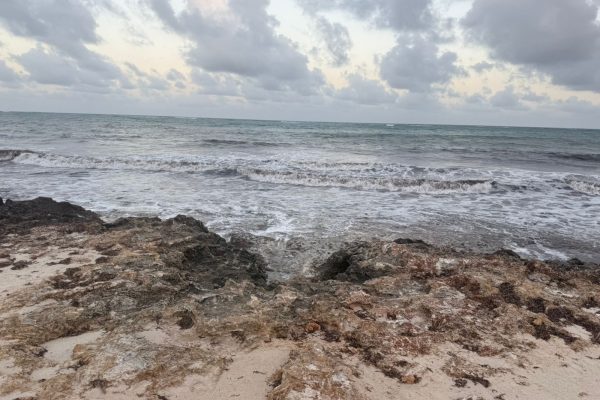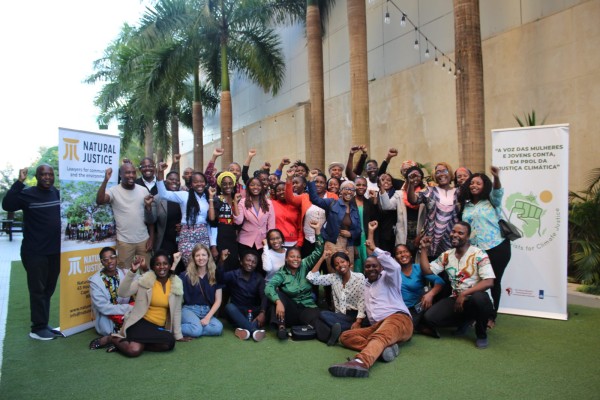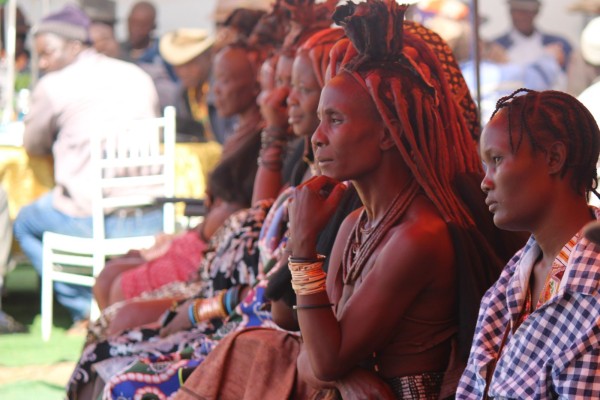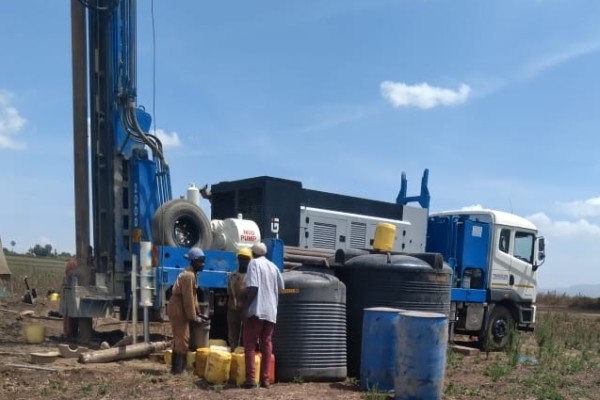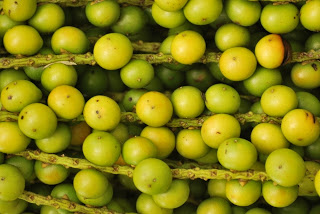
From 6-8 July, Natural Justice, the United Nations Environment Programme (UNEP), and the International Union for Conservation of Nature (IUCN) are co-hosting an expert meeting to explore synergies between access and benefit sharing (ABS) and the governance and management of protected areas. The Nagoya Protocol on ABS was adopted in 2010 by the 10th Conference of the Parties to the Convention on Biological Diversity (CBD). Many countries have already developed or are in the process of developing legislation to enact the provisions. To date, there have been very few discussions or publications addressing the potential linkages between the Nagoya Protocol and the other processes and Programmes of Work under the CBD, both at the international policy level and within the domestic context of implementation. For example, the Programme of Work on Protected Areas (PoWPA), which was adopted in 2004 at the 7th COP, is generally seen as the CBD’s most successful Programme, with specific and time-bound targets and progressive elements that address governance, participation, equity, and benefit-sharing. However, implementation of PoWPA is also lacking in many countries, particularly in aspects relating to Indigenous peoples and local communities.
Given the cross-cutting nature of the CBD’s objectives to conserve, sustainably use, and equitably share benefits of biodiversity, it is imperative for the implementation of the Nagoya Protocol within domestic frameworks to be harmonized with existing frameworks on protected areas, among others. This meeting, held at the IUCN headquarters in Gland, aims to explore the potential synergies between protected areas and ABS in law, policy, and practice, potential conflicts and concerns, and how these could be addressed in practice.

